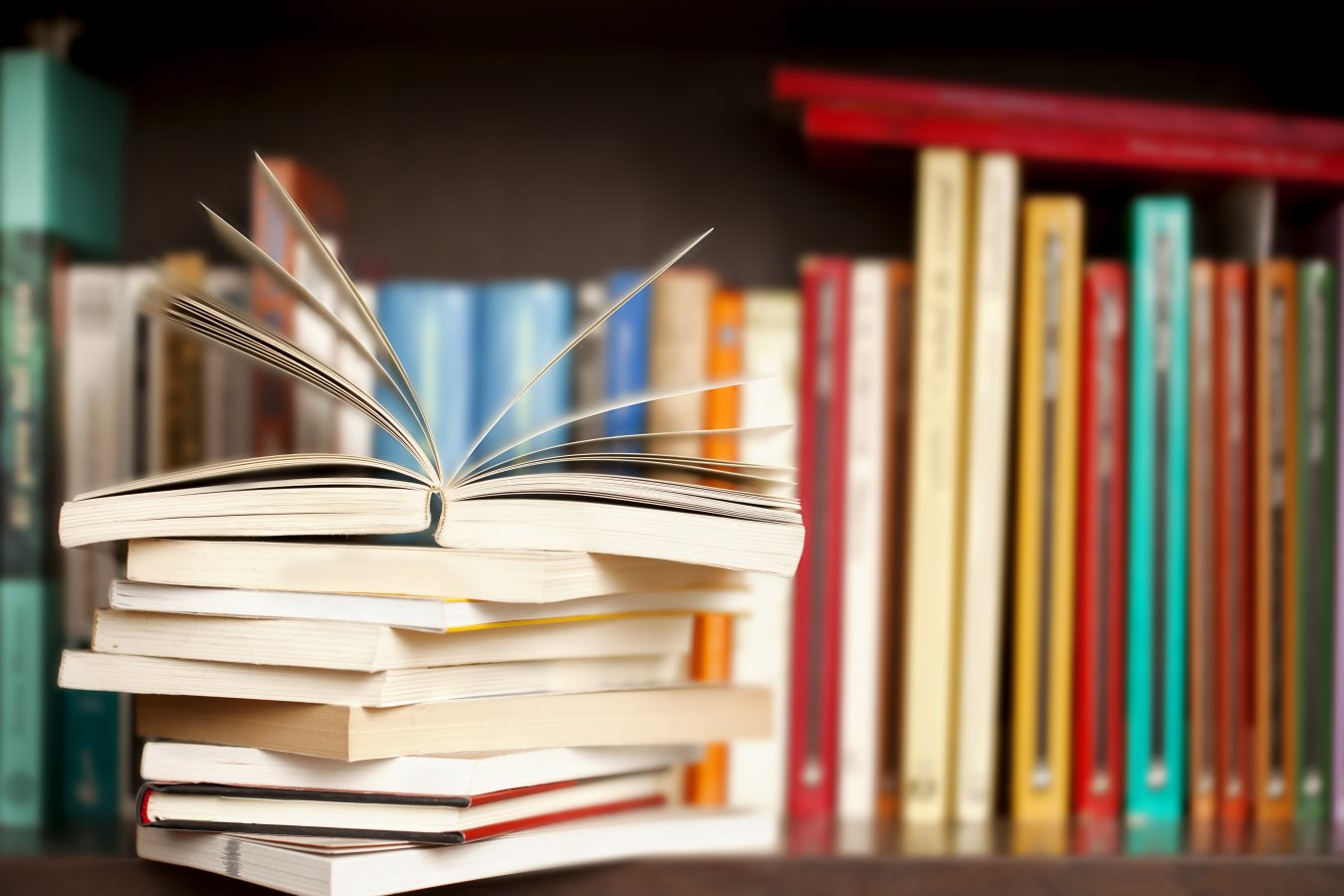Literature
 Our emphasis in our courses is first to enjoy literature as a whole. Learning to engage in a meaningful dialogue with an author through his text fosters delight in exploring his ideas. Learning to appreciate a writer's artistry and the subtleties of how he conveys his message further enhances both a student's understanding and pleasure. Students experience the excitement of reaching epiphanies as they explore the relevance of encountered themes to their lives today. Increased appreciation of literature is the primary objective of every class.
Our emphasis in our courses is first to enjoy literature as a whole. Learning to engage in a meaningful dialogue with an author through his text fosters delight in exploring his ideas. Learning to appreciate a writer's artistry and the subtleties of how he conveys his message further enhances both a student's understanding and pleasure. Students experience the excitement of reaching epiphanies as they explore the relevance of encountered themes to their lives today. Increased appreciation of literature is the primary objective of every class.At the same time, before we examine a work to assess its worldview, we must fully understand an author's message and viewpoint; we must experience his or her world through the culture and times in which the writer lives, through the perspective of the author, his characters, and their life experience. Only then can we begin to comprehend an author's message entirely. We cannot accurately assess what we do not first understand.
Thus, in reading any literary work, students learn first to lay aside their preconceptions and fully understand the text, then to analyze worldview as they contemplate any wisdom they might glean from the text. This process results in lively class discussions and increased enjoyment of the books. At the same time, students learn how to analyze the text from a literary perspective, gaining not only a literary vocabulary but also a deep understanding of how to use the tools of literary analysis to deepen their appreciation and comprehension of the works they read.